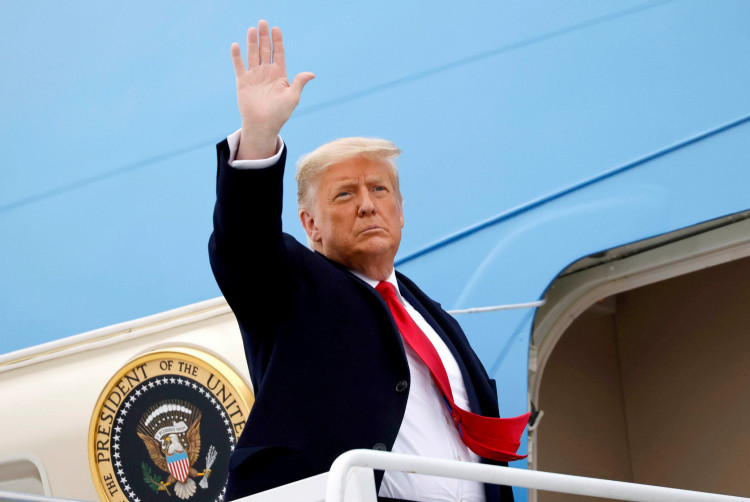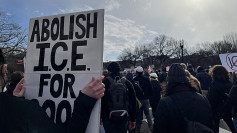A renewed transparency battle is unfolding in Washington after former National Security Council official Alexander Vindman urged the release of a classified phone call between former President Donald Trump and Saudi Crown Prince Mohammed bin Salman, arguing that the hidden conversation is "deeply troubling" and potentially more consequential than the call that triggered Trump's first impeachment.
Vindman, who reviewed the Saudi call during his NSC tenure, said the record was placed on a highly restricted system typically reserved for intelligence programs, raising questions about whether political sensitivity-not national security-drove the decision to conceal it.
Vindman made his public push during an appearance on Meet the Press NOW, describing the call as one he had personally reviewed as part of his official duties. "I reviewed President Trump's call with the Saudi Crown Prince following the murder of Mr Khashoggi, and it was deeply troubling," he said, suggesting the content could surpass the significance of the 2019 Zelensky call that led to Trump's impeachment. He added that the call had been stored on a "specially compartmentalised system," a move he implied was inappropriate for a routine diplomatic exchange.
The call took place shortly after the killing of U.S. resident and journalist Jamal Khashoggi, whose death sparked global outrage and intense scrutiny of Saudi leadership. Vindman argued that the public and Congress have a right to know whether Trump made assurances or statements that contradicted U.S. intelligence assessments or weakened America's position on human rights. He noted that he is "not calling for retaliation," adding, "I'm calling for the facts."
The push for disclosure comes as Vindman draws parallels to the secrecy surrounding the July 25, 2019, Trump-Zelensky call. During the impeachment inquiry, it emerged that Trump officials had placed certain politically sensitive conversations on a highly restricted National Security Council system usually reserved for covert operations. Critics at the time accused the White House of trying to shield politically damaging information under the guise of classification protocols.
Vindman has not introduced legislation to compel the call's release, but he is urging Congress to pressure the White House to declassify the transcript or summary. The legal framework remains murky. Presidential communications with foreign leaders enjoy broad confidentiality protections, and past administrations have resisted disclosure efforts even in congressional investigations. Despite that, Congress could press for an access review or request testimony from former NSC officials involved in handling the record.
The Saudi call's release could reopen significant questions about Trump's relationship with Riyadh and whether the administration's response to Khashoggi's killing aligned with U.S. policy interests. It also raises the possibility that other sensitive calls remain sequestered on classified systems beyond congressional oversight.






